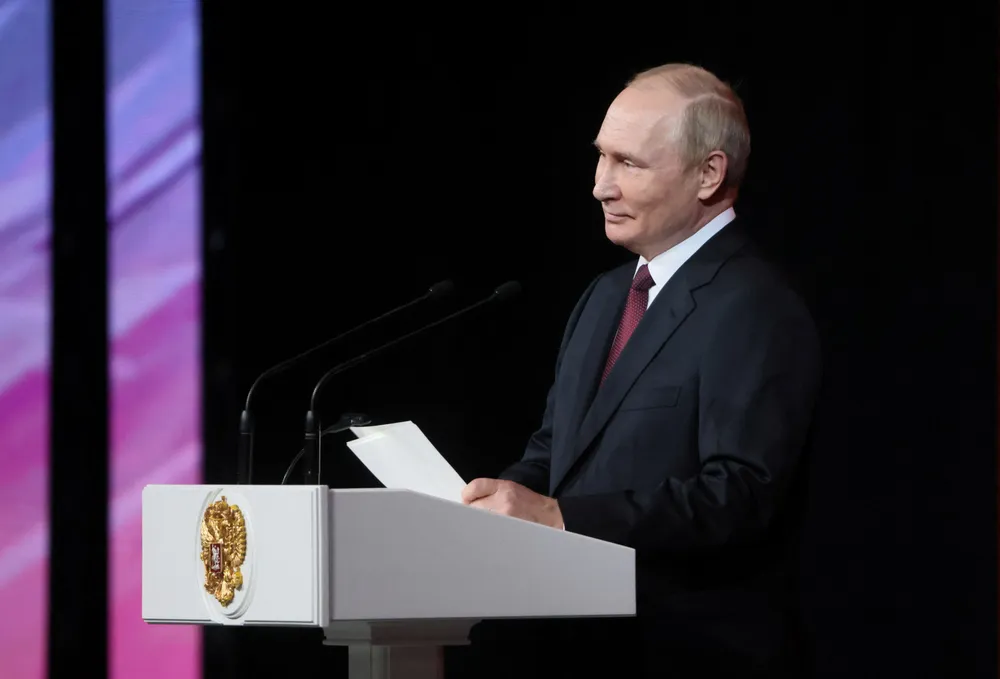Putin installs roadblock to prevent foreign oil companies fleeing
Russian president issues decree ordering western oilfield service providers and drillers to seek special approval for exit plans

Russian president issues decree ordering western oilfield service providers and drillers to seek special approval for exit plans
